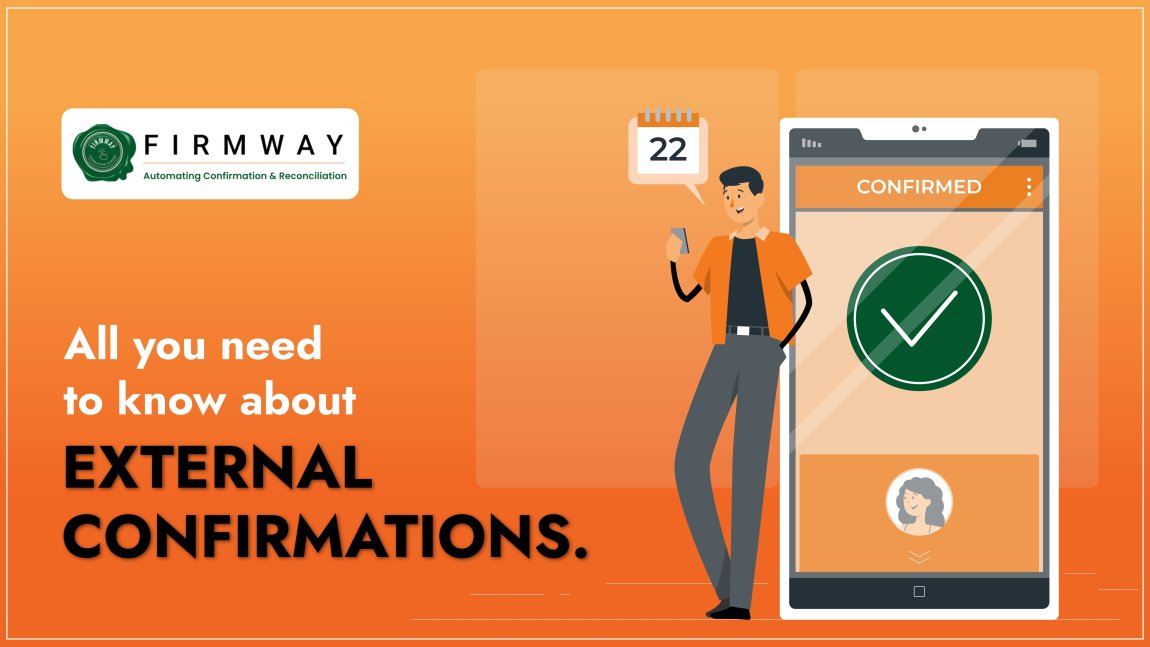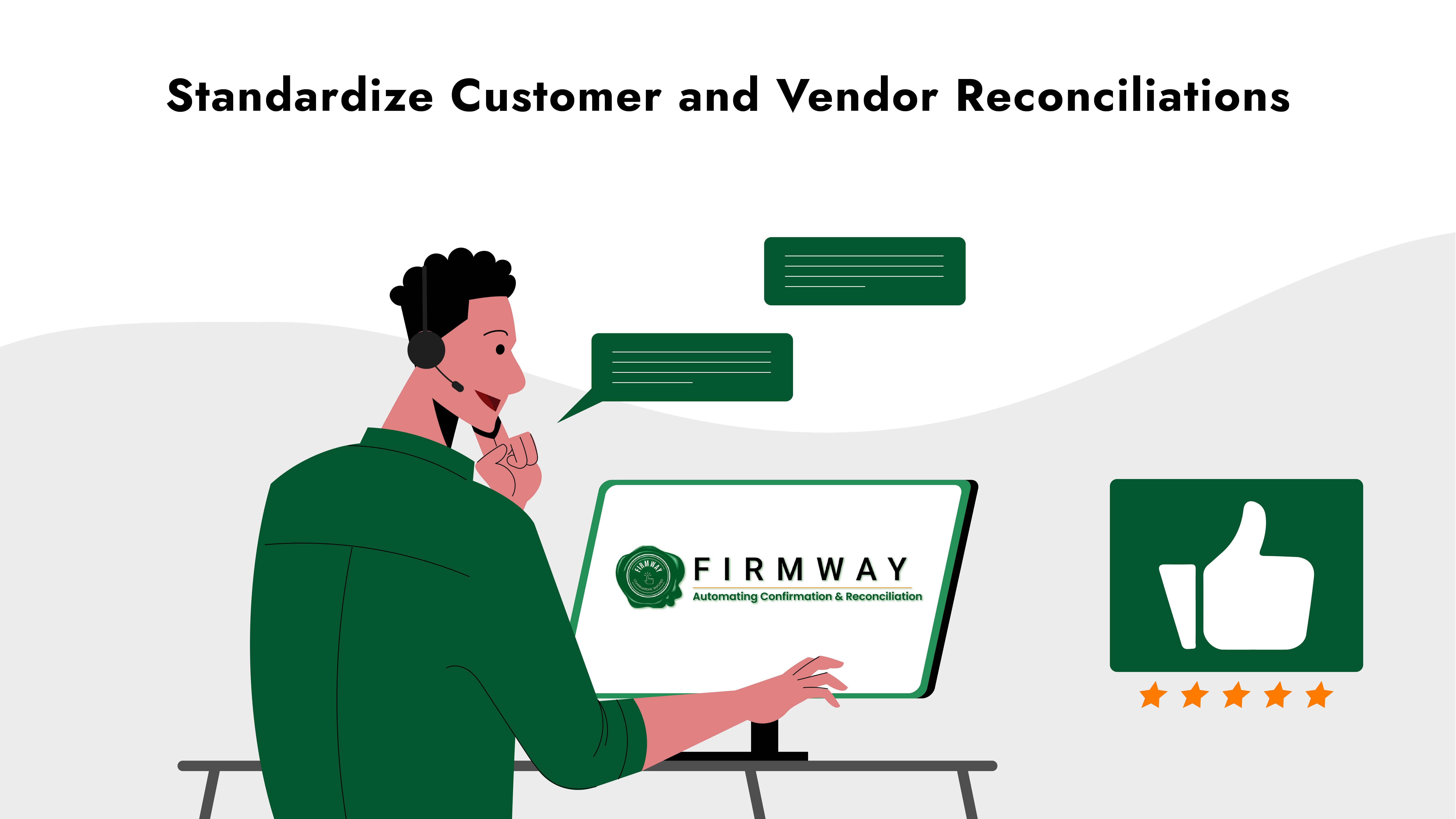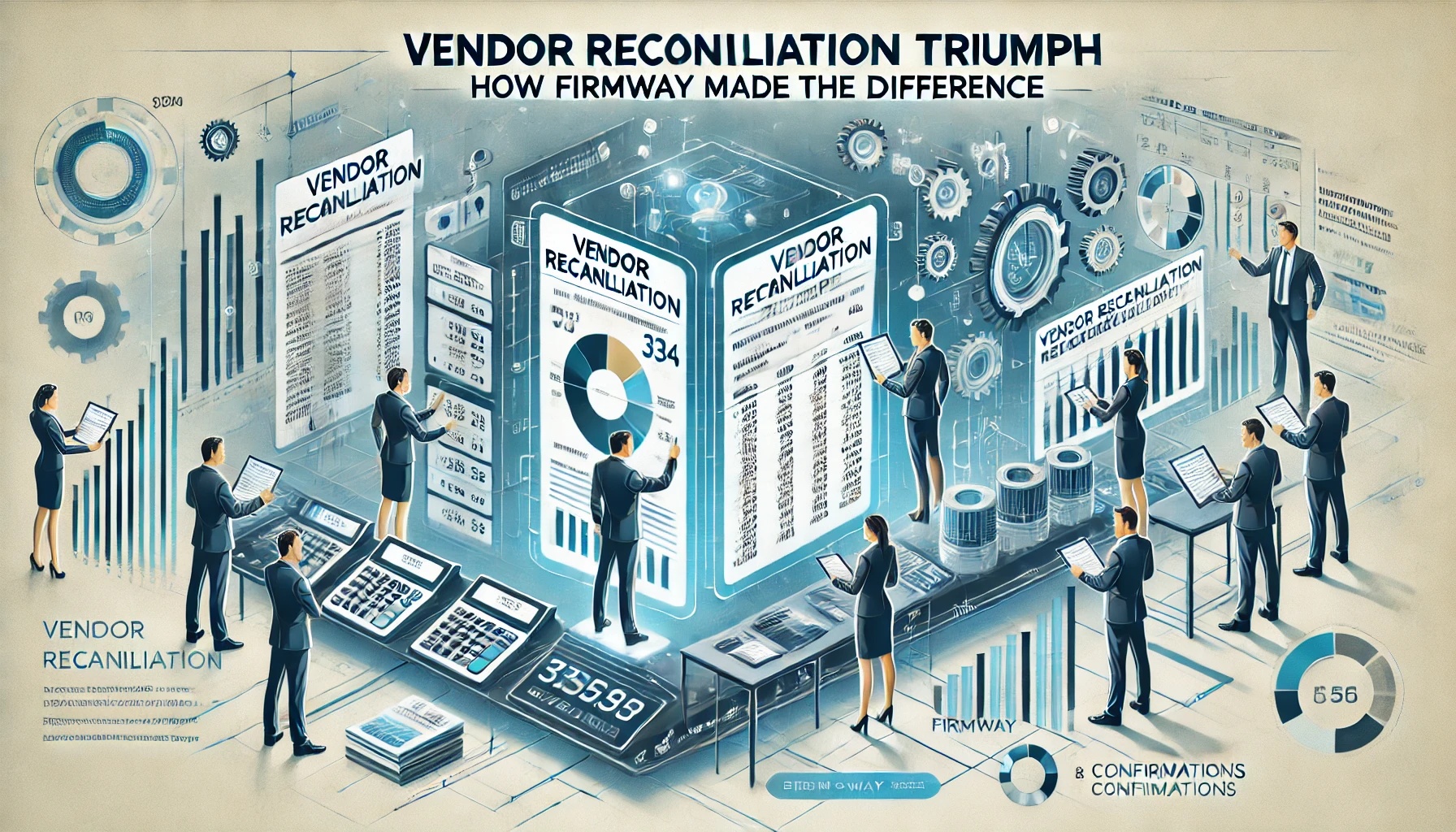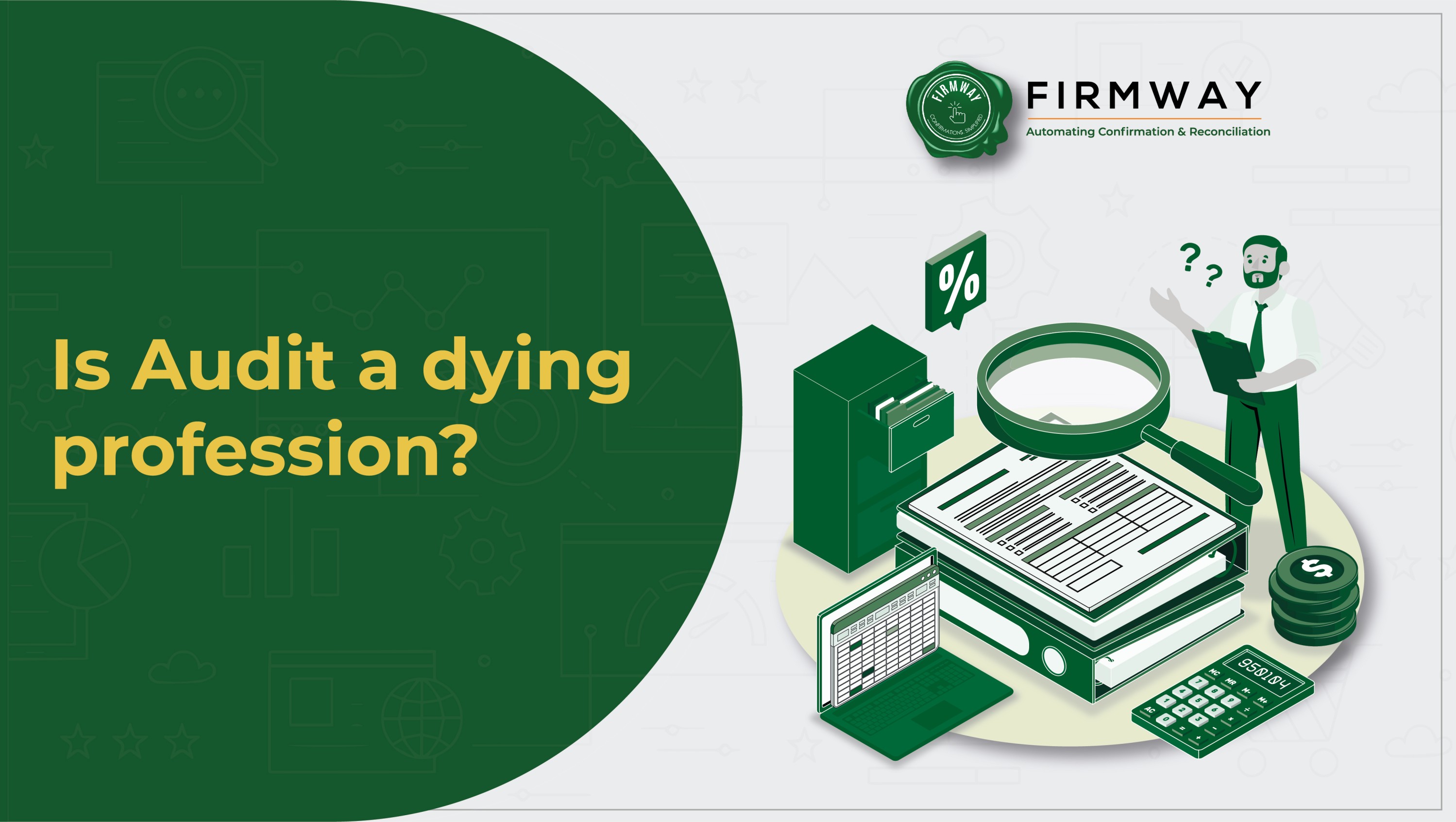Consequences of Non-Compliance with SAs
Members of The Institute of Chartered Accountants of India (ICAI) must conduct financial audits following Standards on Auditing (SAs) when fulfilling their attestation function. These standards include procedures for external confirmations. These standards represent widely accepted audit procedures. Deviation from SAs, especially in matters related to external confirmations, necessitates a formal declaration by the member. Failure to do so may lead to disciplinary proceedings under The Chartered Accountants Act, 1949. One such standard is SA 505: External Confirmations. It discusses the use of external confirmations and procedures to obtain direct evidence from third parties as required in SA 330: The Auditor’s Responses to Assessed Risks and SA 500: Audit Evidence. External Confirmation In Audit is necessary to provide a true and fair view of a company’s financials. It serves as an extremely crucial piece of the puzzle when determining whether such financials are free from material misstatements or not.
External Confirmation :-
External Confirmations is a substantive procedure used to obtain audit evidence as a direct written response from a third party (customer/ vendor/bank) to the auditor in a paper, electronic or any other form. Generally, auditors use it to determine account balances, status, or terms of agreements. There are primarily three types of confirmation requests:
1. Positive Confirmation Request:
It requires the confirming party to directly respond to the auditor whether it agrees or disagrees with the information provided in the request. Positive confirmations provide reliable audit evidence.
2. Negative Confirmation Request:
It asks the confirming party to respond directly to the auditor only if the confirming party disagrees with the information provided in the request. They provide less persuasive audit evidence than positive confirmations.
3. Blank Confirmation Request:
It is a type of positive confirmation request where the third party (confirming party) is asked to fill in the amount or provide certain information. It provides persuasive audit evidence since the confirming party must verify the information before responding.
 Why External Confirmation In Audit is needed?
Why External Confirmation In Audit is needed?
For instance, in Mahavir Jain vs. Disciplinary Committee (Appellate Authority), the auditor formed his opinion without obtaining and examining external confirmations of all bank balances as required by SA 505. Consequently, the Chartered Accountant Act of 1949 held him guilty under Part 1 of the Second Schedule. This was due to his failure to exercise the due diligence expected of him and not obtaining sufficient information to form an opinion.
Further, SA 505 is the 3rd most non-compliant standard as per Quality Review Board in Financial Year (FY) 2020-21.
Process of external confirmations
As we know, obtaining confirmations manually via letters or even e-mails is a cumbersome procedure. One needs to maintain records and follow up continuously. External confirmations involve repetition of the following steps for every audit:
- Determine the information to be confirmed;
- Choose the appropriate parties;
- Design the confirmation requests, properly addressed with a request to send responses directly to the auditor;
- Send and follow-up requests.
To simplify and streamline this process, major firms are adopting automated confirmation procedures. This enables audit teams to concentrate on analyzing results and identifying exceptions rather than investing time in evidence collection.
A team of Chartered Accountants started Firmway, a web-based SaaS software company, to help auditors automate the confirmation process in compliance with auditing standards. They digitized the entire confirmation process. Auditors benefit from automating the time-consuming external confirmation process in the following way:
- Save 90 % man-days by automating the process of sending, receiving, and tracking confirmations using our portal
- Complete audit documentation as highlighted in peer review process
- Increase response rate by 2x
- Send 1000+ confirmation requests in compliance with standards on auditing


 Why External Confirmation In Audit is needed?
Why External Confirmation In Audit is needed?


